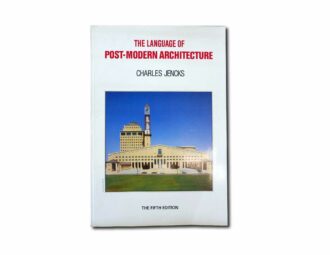The Japanese House: A Tradition for Contemporary Architecture (Charles E. Tuttle Company, 1964/1988) by Heinrich Engel is a classic in Japanese building. The comprehensive book explains both the theory and practice of the art of building traditional wooden structures in housing.
Walter Gropius, in his foreword to this impressive. book, aptly states its qualifications as a work of unique value: “The author concentrates particularly on those features of the Japanese architectural tradition that appeal so strongly to the modern architect in the Western world. He shows that this is not just the result of a fashionable trend toward Oriental design motives, but that it is based on the recognition that certain discoveries in the realm of form creation have permanent significance for all branches of society. In revealing the meaningful cultural aims and the high craftsmanship of the Japanese domestic architecture as it evolved through the centuries and in laying bare the compelling motives that directed its development, the author never contents himself with offering a historical study only, but brings, instead, the traditional values alive for the present… The book offers the key to the understanding of this profound approach to design. It will interest eery teacher and student of architecture and architectural history, every creative architect in East and West alike.”
– Heinrich Engel, The Japanese House: A Tradition for Contemporary Architecture (Charles E. Tuttle Company, 1964/1988), excerpt from the blurb
The text is in English. The book is lavishly illustrated with black-and-white photographs, architectural drawings, art images, and detail drawings.
Our copy in stock is in good condition. There is a small tear in the dust jacket, but the book is fine: no markings on the pages, no faults in the binding.














